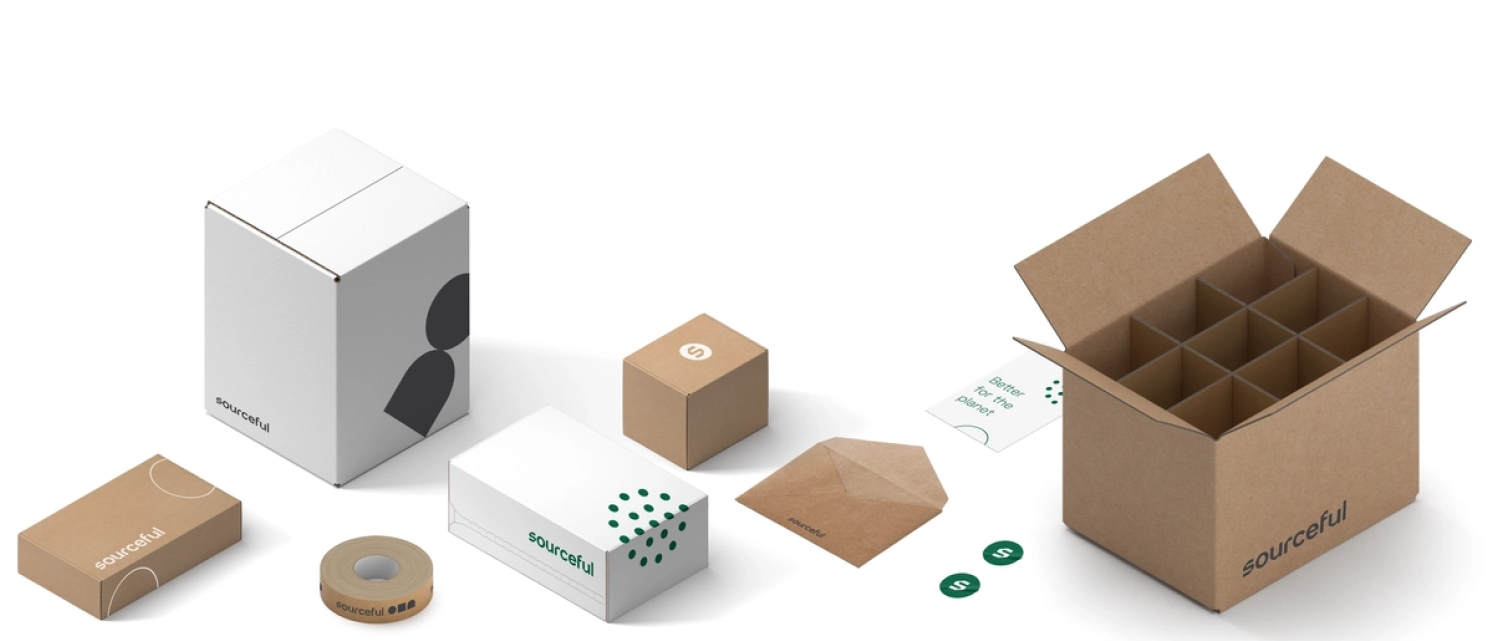Understanding EPR - Navigating Packaging Waste Regulations

Stay informed with the latest updates on packaging waste regulations
At Sourceful, we strive to be more than just a packaging partner. We aim to provide comprehensive support to all brands we collaborate with, ensuring they stay compliant with the most recent packaging policies. With this in mind, we're sharing our insights on the evolving UK packaging waste regulations, which may soon impact your business too, if they haven't already. As a trusted packaging supplier for all our partners, we're equipped to provide EPR-compliant data on all packaging sourced through us, simplifying the reporting process.
What is EPR?
The Extended Producer Responsibility (EPR) is an environmental policy approach where a producer's responsibility for a product extends to the post-consumer stage of a product's life cycle. The year 2024 marks a significant shift in packaging waste regulations. We are transitioning from the existing regulations, known as Producer Responsibility obligations (Packaging Waste, 2007) to the new Extended Producer Responsibility (EPR). These two sets of regulations will operate alongside one another until next year when EPR becomes the sole policy. This transition period is crucial for businesses to understand and adapt to the changes in their responsibilities towards packaging waste management.
The core principle of both regulations is to ensure that the cost of managing packaging waste in the UK market is covered. Under the current framework, brands that use packaging for their products are only partially responsible for the recycling cost, while local authorities manage the remaining cost for waste collection and sorting.
However, from 2025, the new regulations will shift this cost from local authorities to businesses responsible for waste generation. This means brands will bear the cost of the entire waste management cycle, from collection and sorting to reprocessing into raw materials.
What this means for you as a brand
We've distilled the key actions required across both regulations during this transition year into a simplified list, tailored to your organisation's size.
Packaging used in 2023
Small organisation (25-50 tonnes, >£1 million turnover):
- No action required
Large organisation (>50 tonnes, >£2 million turnover):
- Submit data by April 2024 (PR format), by May 2024 (EPR format)
- Purchase packaging recover notes (PRNs)
Packaging used in 2024
Small organisation (25-50 tonnes, >£1 million turnover):
- Submit data by April 2025 (EPR format)
Large organisation (>50 tonnes, >£2 million turnover):
- Submit data for H1 by October 2024 (EPR format)
- Submit data for H2 by April 2025 (EPR format)
- EPR waste management fees and PRNs obligation
Please note, the classification of small/large varies between the two regulations. The above represents the new EPR classification, according to the related thresholds.
While we're not a compliance consultancy, if you're unsure about your brand's obligations, we recommend joining a compliance scheme. They can handle your legal obligations for a fee and ensure you meet the requirements.
We can assist by providing EPR-aligned data on all packaging sourced through us, helping you expedite the process, and introducing you to compliance schemes that can guide you through the entire process.If you believe these regulations could apply to you and you'd like to learn more, please don't hesitate to reach out at hello@sourceful.com.
Other articles you might be interested in
Interested in creating the perfect packaging for your brand?
about your printing needs.

.png)






